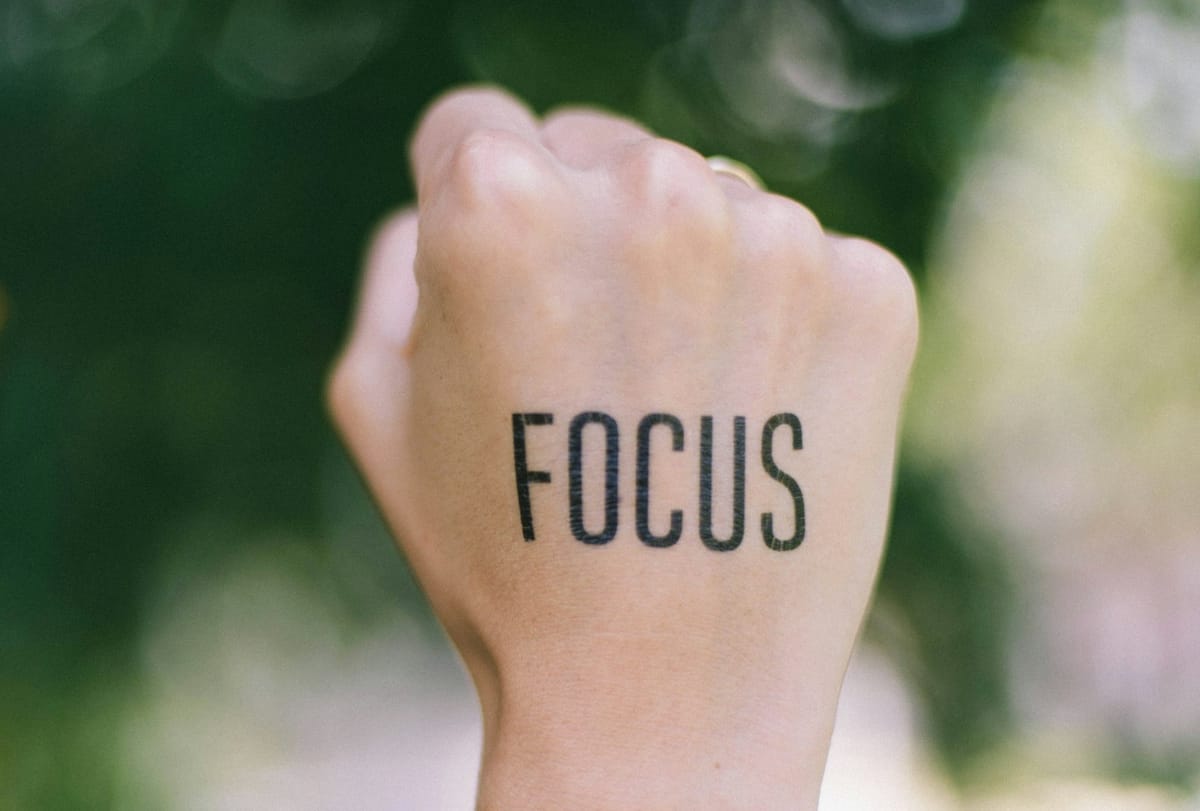How to Reduce Your Daily Screen Time with Focus Apps

Let’s be honest, our screen time is becoming a concern. We spend hours glued to our smartphones. This engagement in mindless scrolling is causing us to waste time and makes our mental well-being...not well. We explored some troubling facts about our screen time and discussed why common methods to reduce scrolling may not be effective.
Lastly, we put together some tips and tools that might be a solution.
Troubling Facts About Our Screen Time
Our increasing reliance on screens has led to significant changes in our behavior. Studies show that our attention span decreases over generations, with distractions from digital devices being one of the main contributors. According to Statista, the average person now spends more than 5 hours daily on non-call-related activities on their phones.
Furthermore, researchers from the Association for Consumer Research have found that simply having our phones within reach can reduce our cognitive capacity by up to 50% when performing tasks. This means that the mere presence of our phones can hinder our ability to focus and concentrate on important tasks at hand.
What about the so-called delusional thinking aka "delulu", and experiencing guilt? Excessive screen time has been linked with a distorted perception of reality, and body dysmorphia with 36% of teenagers expressing regret over spending too much time on social media, as reported by PEW Research.
These facts highlight the need to take action and reduce our daily screen time proactively, the sooner - the better.
The Ineffectiveness of Common Methods
People attempt to reduce their screen time by adopting various methods, such as quitting social media cold turkey, using dummy phones, or doing a digital detox. While these methods may provide temporary relief, they often fail to address the root causes of screen time addiction and offer long-term solutions.
One of the reasons why these common approaches may not work is the relative social value associated with social media platforms. These platforms are designed to keep us engaged and hooked, offering a constant stream of content tailored to our interests and preferences, masking it under this alternative way of socializing - without actually meeting people offline. The algorithms behind these platforms are built to identify specific topics and even phrases that will keep users scrolling, making it difficult to resist the temptation and break free from the cycle of surfing endlessly.
So why the methods like quitting social media cold turkey or using dummy phones offer a temporary reduction of screen time only? Because they do not address the underlying issues that lead to excessive checking. And once the novelty wears off, or when faced with boredom or stress, it becomes challenging to sustain these methods and resist the allure of returning to our regular digital habits. So how do we tackle the underlying problem and push back on social media algorithms that trick our brain so nicely?
Effective Alternatives and Tools
Instead of completely disconnecting and resorting to extreme measures, a more practical and effective approach to reducing screen time is to incorporate the use of focus apps into our daily lives. These apps are specifically designed to help users regain control and establish healthier relationships with their smartphones. For example, the Taskfulness app. It offers a wide range of features to help individuals stay focused while using their smartphones. One of its key features is allows users to set short time windows when they can use their apps for specific reasons, even if that apps are social media. So you can limit your screen time by the need you have in using them for socialsing or work.
By incorporating Taskfulness into their daily routines, average users have reported reducing their screen time by 28-36%. Based on user reviews, this reduction crafted time for people to start reading books, invest it in learning languages, do the sports again, and be "more present at the dinner table with their families" - cool, right?! Additionally, the app provides features like screen time goal setting, trigger recognition (mood labelling), and "are you on track?" reminders. Altogether it helps users establish better accountability of their time, and attention control.
Backed up by Taskfulness support, individuals can take proactive steps towards more present, less time-blind lives.
That said...
Reducing our daily screen time has become a necessity in a world dominated by digital distractions. While common methods may not provide long-term solutions to screen time addiction, adopting the constant support of focus apps, such as Taskfulness, can help to establish healthier habits and regain control over our digital lives. So we could stay focused on what truly matters while minimizing unconscious scrolling.
Reducing our daily screen time leads to better attention control, stronger cognitive abilities, and more balanced mental health. By taking steps to reduce screen time and integrate focus apps into our lives, we can manage our online lives without giving up on benefits they posess.
